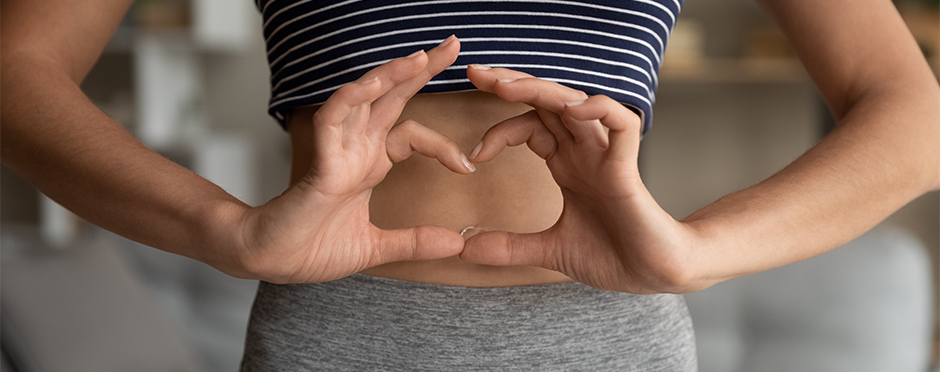
How Does Exercise Affect Your Gut Health?
1 CommentHave you ever heard the phrase “you are what you eat?” I never thought anything of it until recently when I began to experience gut issues and after years of doctor’s visits, was never able to come up with a diagnosis. I started working with a holistic nutritionist and learned how exercise and movement could help keep my gut healthy.
What Makes Up Our Gut?
Our gut is made up of bacteria, fungi, and other microbes. While you may think bacteria is bad, bacteria within the gut are needed to help perform necessary functions in the human body. When gut bacteria is either too high or too low, we can experience constipation, bloating, gas, and other digestive issues. When bacteria growth in the gut is too high, our body reacts, causing inflammation. Much like regular exercise and movement help with blood flow and managing swelling in a joint, it can help control the amount of inflammation in our gut.
How Can Exercise Help?
Exercise helps maintain a healthy level of gut microbes which helps maintain homeostasis or a state of balance in the body. When gut bacteria diversity diminishes, there are systemic consequences, such as gastrointestinal (GI) and psychological distress.1 Gut microbe is essential to many functions of the GI system, far beyond the depth that will be discussed in this blog. Think about how much exercise and regular movement help our mental health and apply the same principles to exercise and gut health.
Our gut is our second brain. Think about when you are nervous or excited about something. Where do you feel it? Your gut. Stress can lead to an excess of inflammation in our gut, leading to conditions such as Parkinson’s disease, anxiety, depression, and other psychological disorders.1
Exercise improves mental health by reducing anxiety, depression, and negative mood and improving self-esteem and cognitive function.2
Start Moving for Better Gut Health
In a time when we’ve all experienced added stress, the solution may be movement. I suggest adding 10 minutes of movement every day- that can be a walk, light stretching, yoga, or any exercise/activity that you enjoy! If you need help getting back into physical activity or don’t know where to start, reach out to an Athletico near you. Our movement experts can help you if you’re experiencing pain or just looking to improve your fitness. Get started by scheduling a Free Assessment today. Free Assessments are available in-clinic or virtually through our Telehealth platform.
The Athletico blog is an educational resource written by Athletico employees. Athletico bloggers are licensed professionals who abide by the code of ethics outlined by their respective professional associations. The content published in blog posts represents the opinion of the individual author based on their expertise and experience. The content provided in this blog is for informational purposes only, does not constitute medical advice and should not be relied on for making personal health decisions.
References:
1) Monda, Vincenzo, et al. “Exercise Modifies the Gut Microbiota with Positive Health Effects.” Oxidative Medicine and Cellular Longevity, Hindawi, 2017, https://www.ncbi.nlm.nih.gov/pmc/articles/PMC5357536/.
2) Sharma, Ashish, et al. “Exercise for Mental Health.” Primary Care Companion to the Journal of Clinical Psychiatry, Physicians Postgraduate Press, Inc., 2006, https://www.ncbi.nlm.nih.gov/pmc/articles/PMC1470658/.

1 Comment
Colin Crawford
Interesting article. Thanks Caitlin!